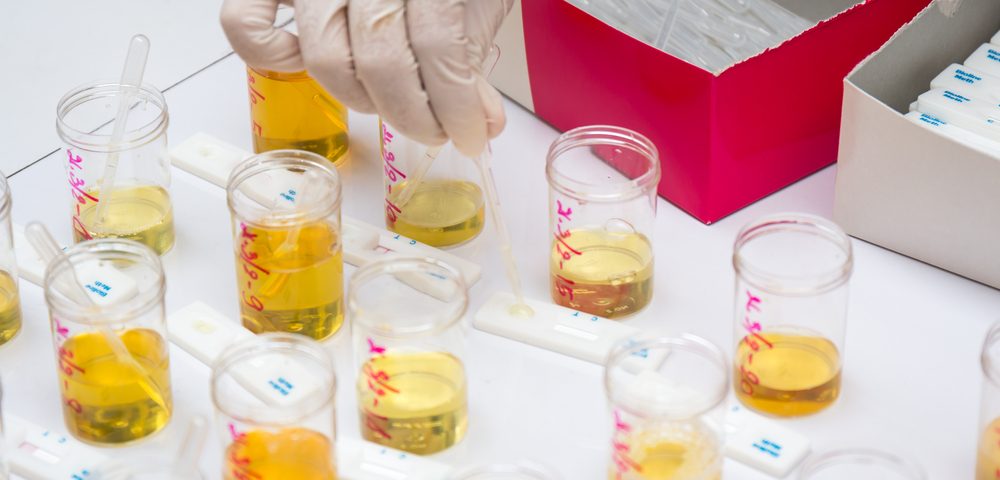Minipress (prazosin), an alpha-blocker commonly used to treat benign prostatic hyperplasia (BPH) and other disorders, can influence the composition of proteins found in urine, according to a study published in the scientific journal PLOS One.
For the study, “The Specific α1-Adrenergic Receptor Antagonist Prazosin Influences the Urine Proteome,” researchers in China, led by Dr. Youhe Gao, investigated the impact of Minipress on the protein makeup of urine in rat models.
They used 18 rats randomly divided into two groups. One group received a daily dose of Minipress while the others served as controls. The researchers collected and analyzed the urine samples before the start of the experiments and again seven days later.
They identified 775 urine proteins, and found that about half of them were influenced by Minipress treatment.
Based on these results, the team concluded that the protein composition of urine should be monitored in patients with BPH and other disorders for which Minipress is a widely used therapy, like hypertension, anxiety, and post-traumatic stress disorder.
“Insight into how the various regulating factors affect the urine proteome can be used to associate changes in the urine proteome with urinary biomarkers of physiological conditions and diseases as well as their corresponding mechanisms,” the authors wrote. (A proteome is the set of all the proteins that are expressed in a tissue at a given time.)
Minipress widens and relaxes blood vessels, which allows blood to flow easier. It belongs to a class of drugs called alpha1-blockers that bind to and block the alpha1-adrenergic receptor found on the surface of smooth muscle cells and throughout the central nervous system.
Urine, like blood, is widely used to identify biomarkers (measurable substances that indicate a physiological state or condition), but — the researchers said — is more sensitive than blood. It reflects changes in the body, and can be influenced by factors that include disease, age, gender, hormones, and particular treatments.

